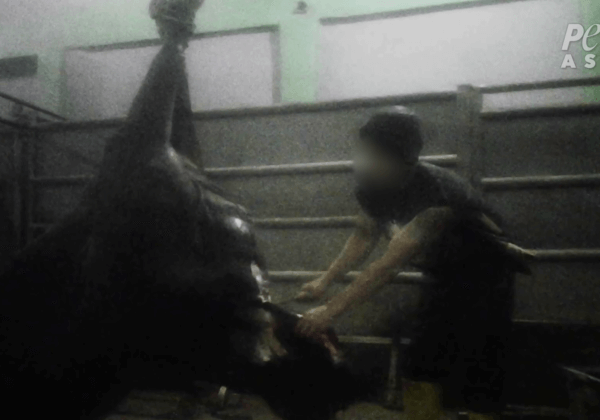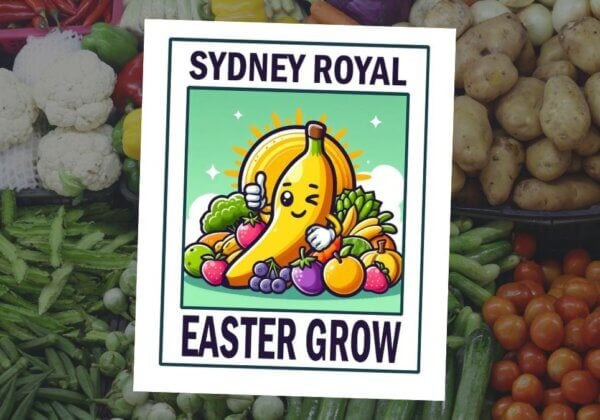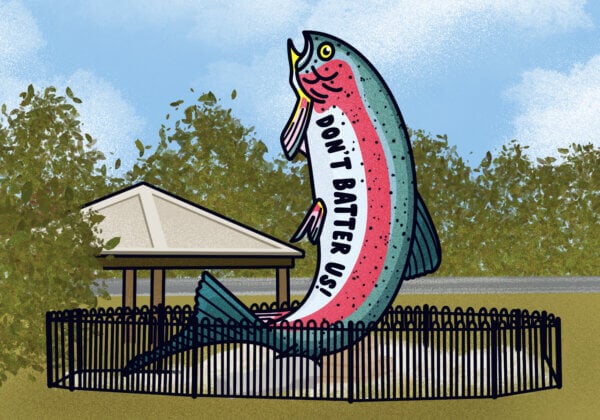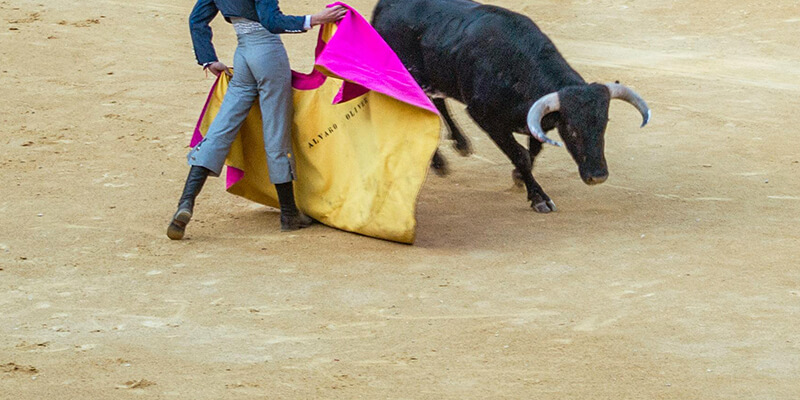No, Camels’ Milk Isn’t Vegan
The animal agriculture industry’s efforts to undermine the compassionate choices people are making have reached a new level of absurdity. A supporter recently alerted us to a snippet from a camel industry consultant’s website implying that camels’ milk is suitable for vegans. The tortuous logic is that if you buy camels’ milk, fewer camels will be living in nature to be shot and killed by hunters or in government culls.
Of course, that argument doesn’t stand up to even casual scrutiny. While some of Australia’s camel dairies may have started by capturing free-roaming camels, many are now using selective breeding techniques to try to increase milk production and their profits.
Like all animals, camels have to be impregnated and give birth for their bodies to produce milk. The dromedary camels used in Australia’s dairy industry have a lactation period of around 18 months, and most of their milk is produced during the first seven months of lactation. The industry tears babies away from their mothers in order to steal and sell the milk nature intended for them. Camels can’t have babies as frequently as cows used for dairy production do, so the industry needs a “rigorous turnover of animals” to remain profitable.

That camels’ milk is suitable for vegans isn’t the only absurd claim the industry makes. It often touts environmental credentials, too. However, the industry strives to make mother camels as “productive” as possible with a bolstered diet that can use more water resources than a camel would in nature.
It also makes dubious health claims, including that camels’ milk is a good source of vitamin C and that it’s preferable to cows’ milk for human children with autism or attention deficit hyperactivity disorder. If you want vitamin C, please just eat an orange. And if you’re worried about the impact of cows’ milk on your children (as you should be), choose to give them soya, oat, or almond milk instead. Camels’ milk is for baby camels, not human children, and it’s suited nutritionally to help an animal grow to 1,000 pounds. Besides humans (and some companion animals who are fed by humans), no species of animal drinks milk beyond their natural age of weaning or drinks the milk of another species.
Anyone looking to sip on something that’s actually cruelty-free, kinder to the environment, and better for our health should ditch all dairy products and instead try the many plant-based milks available at all supermarkets.





